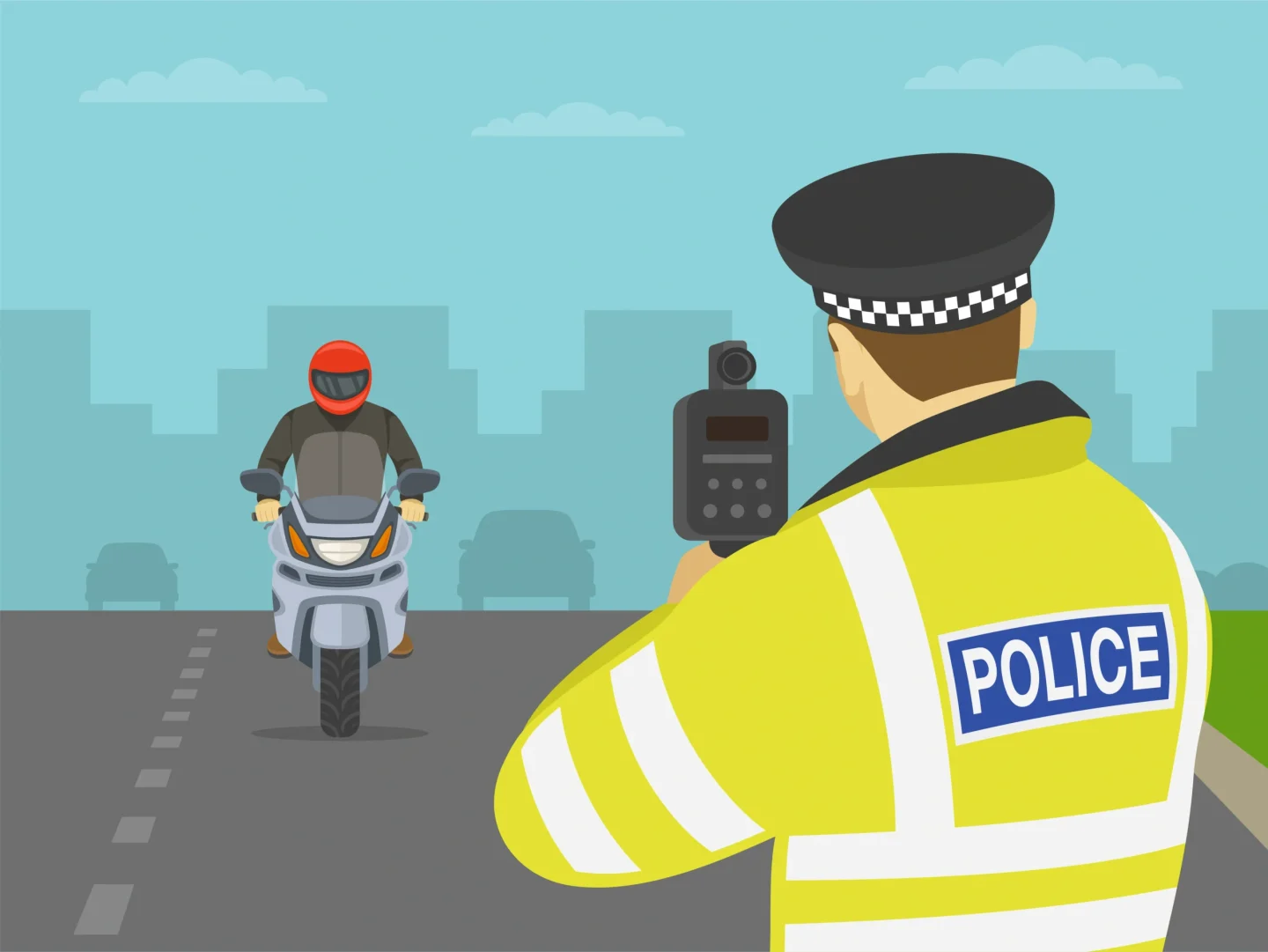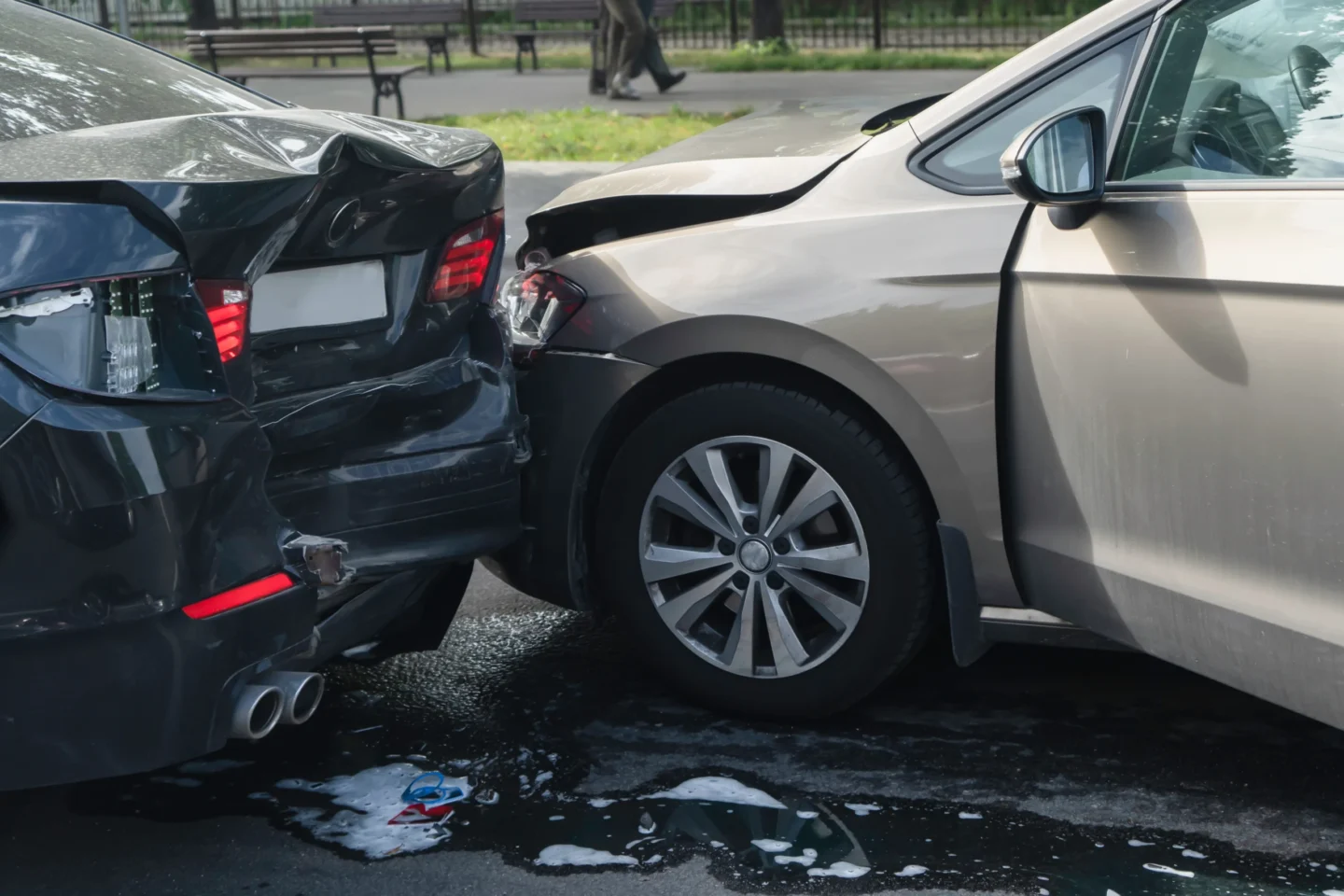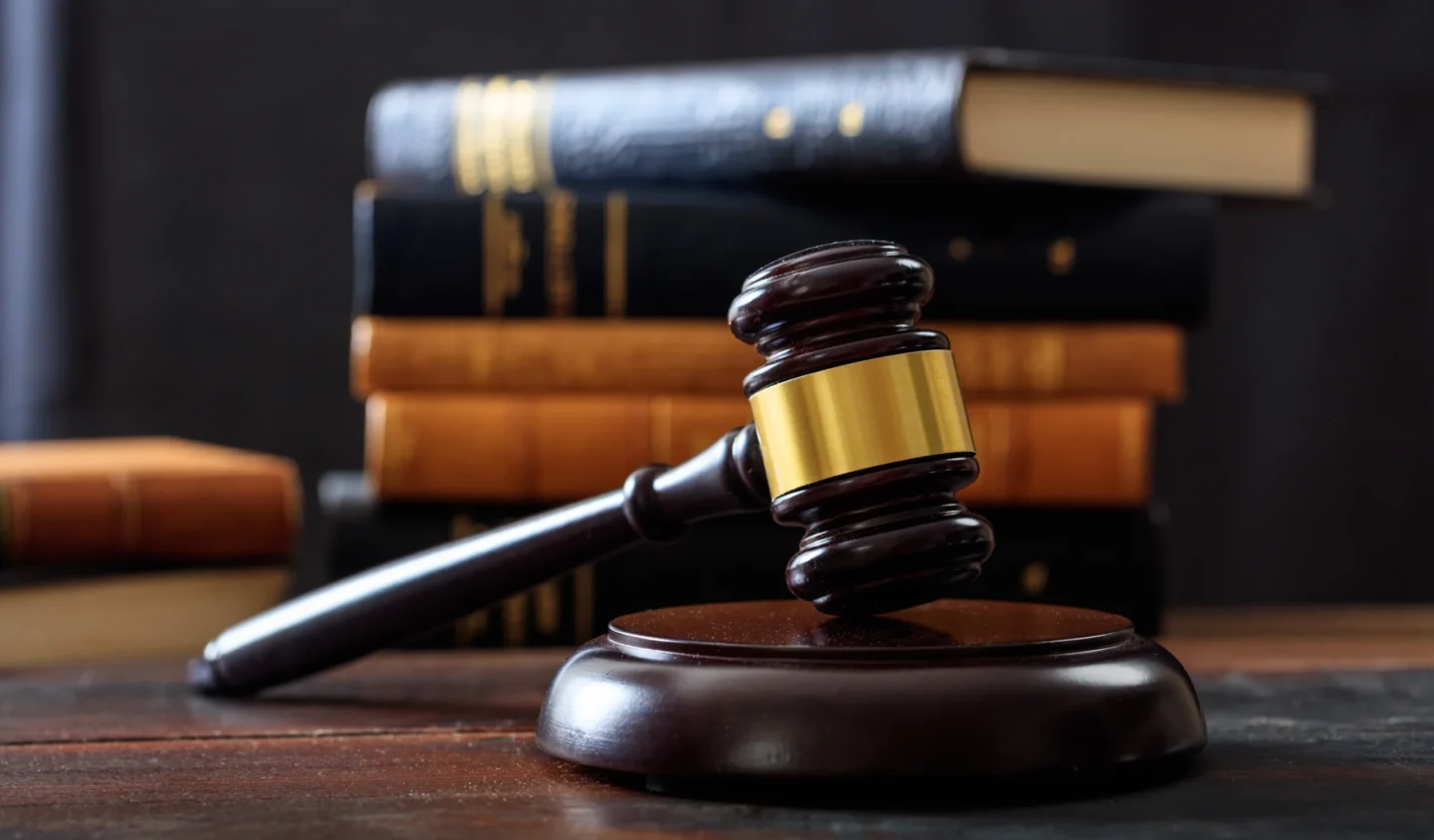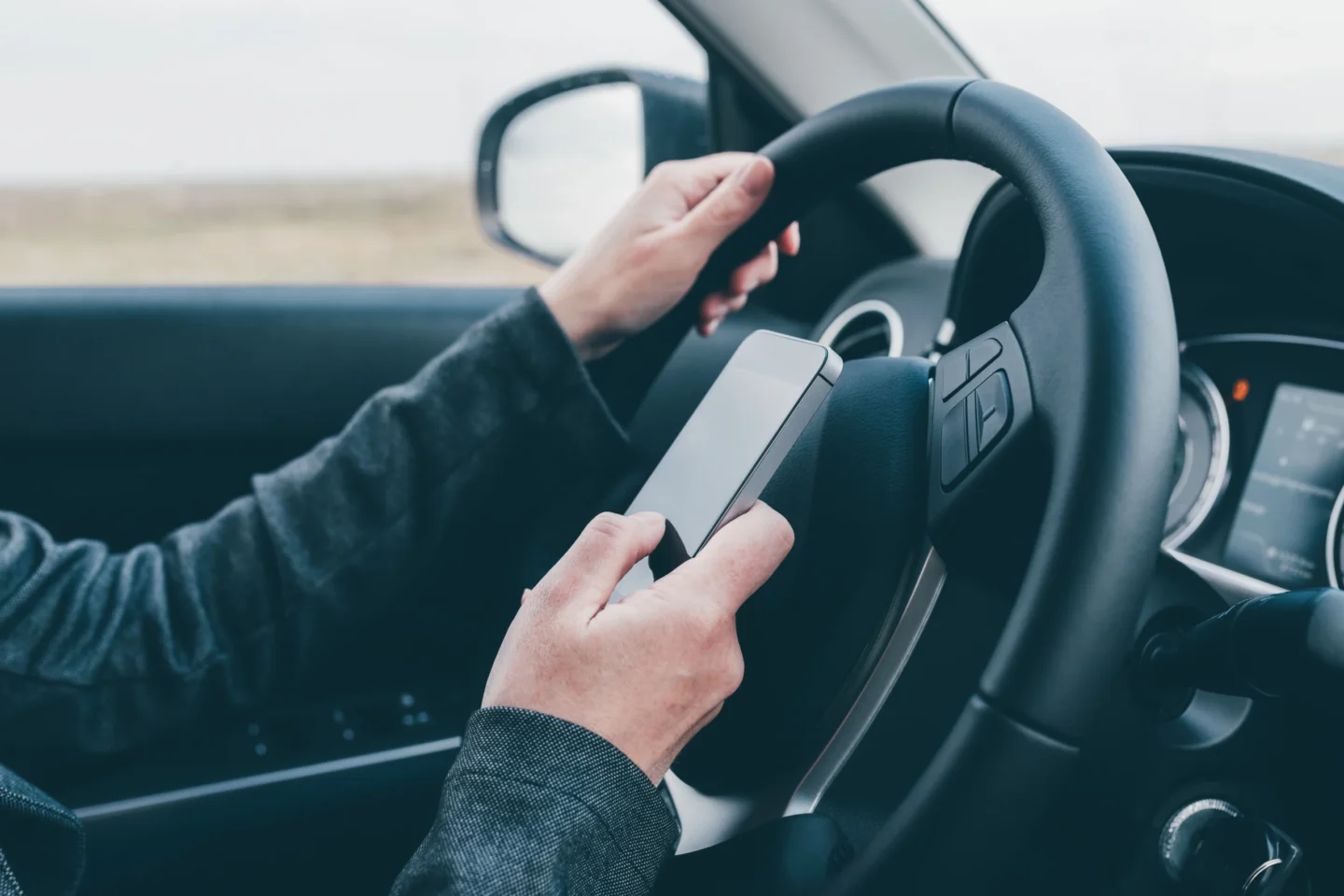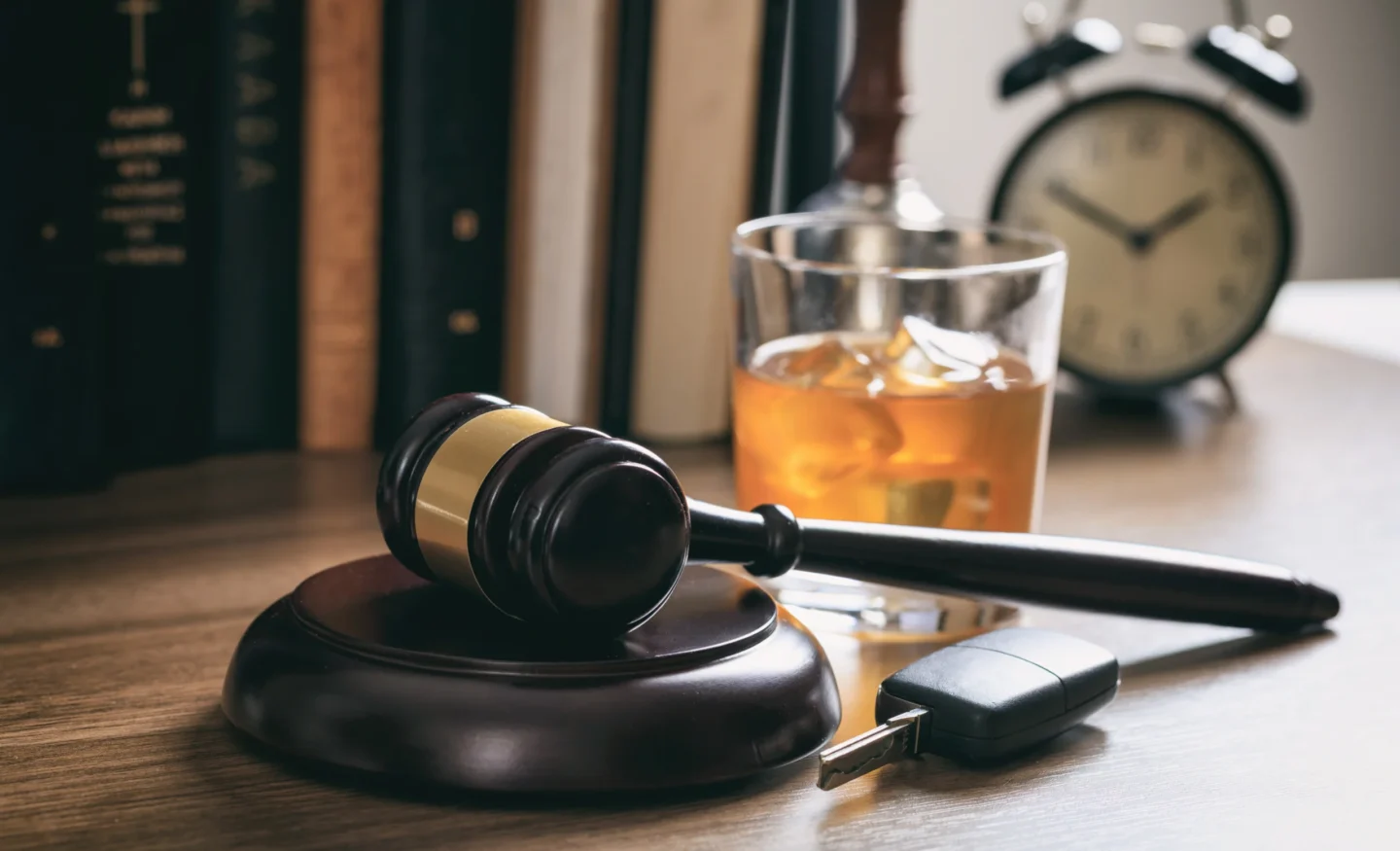If you’ve ever been pulled over for speeding in Illinois, you might have wondered whether the police officer is required to show you the radar gun’s reading as proof of your alleged speed. Many drivers believe that this is a legal requirement and that not seeing the radar reading could be grounds for dismissing a speeding ticket. However, the reality is quite different.
Officer’s Discretion in Displaying Radar Guns
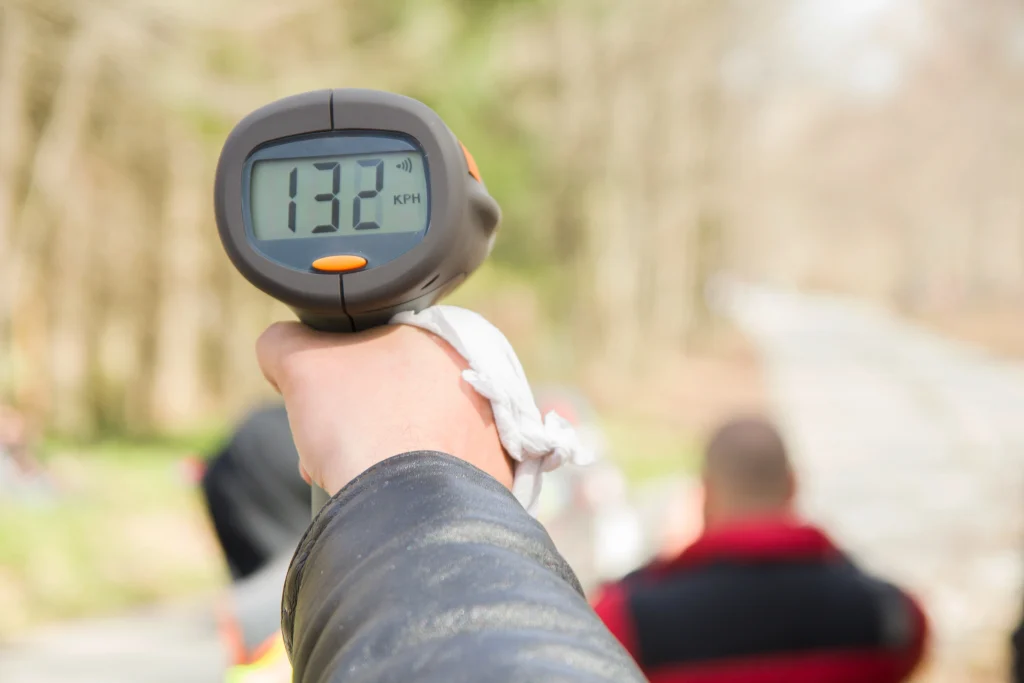
In Illinois, there’s no specific law that mandates police officers to display the radar reading to the driver, even if requested. While some officers might choose to show the radar device to the driver in an attempt to build trust or provide transparency, their failure to do so doesn’t invalidate a speeding charge. The argument often put forth by police officers is that allowing a driver to walk back to their squad vehicle to view the radar can pose safety risks for both the officer and the driver.
The absence of a legal requirement to display the radar reading during a traffic stop means that the burden of proof falls on the prosecution when the case goes to court.
The Role of Evidence in Court
In a courtroom setting, it is the responsibility of the prosecutor to prove that the driver exceeded the posted speed limit. This can be done without physically demonstrating the radar reading to the driver at the time of the traffic stop. Instead, the prosecutor will typically call the police officer involved in the incident as a witness.
During their testimony, the officer may provide details about what they observed during the traffic stop and affirm that the radar or lidar equipment was calibrated and functioning correctly. Additionally, the prosecutor may present any statements made by the driver during the encounter as evidence.
The Significance of Officer Credibility
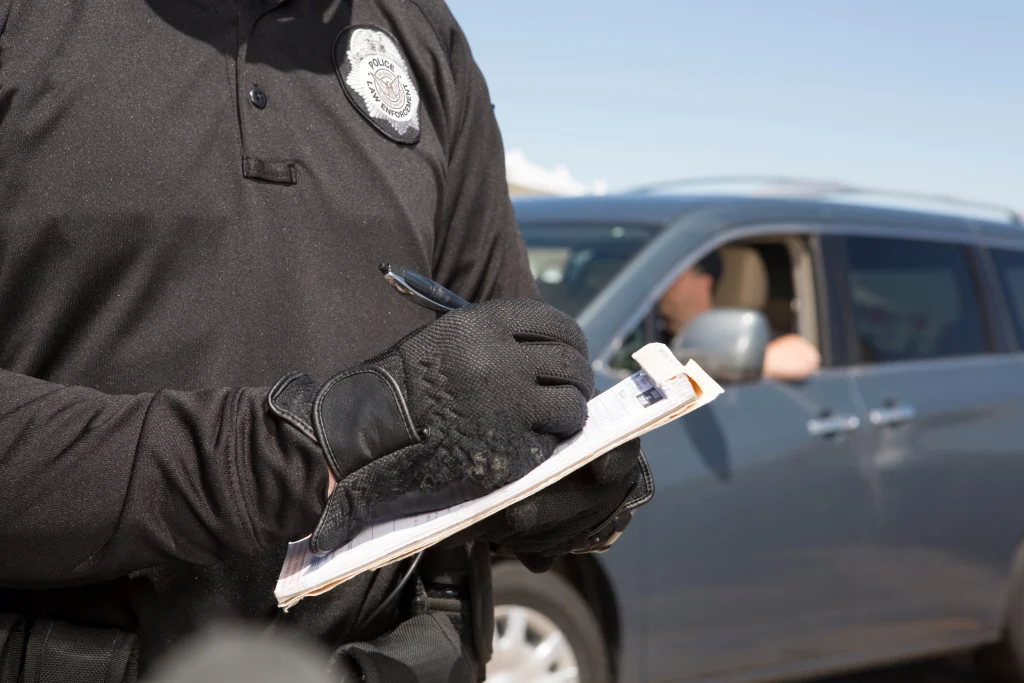
Since much of the evidence presented during a speeding ticket trial relies on the testimony of the police officer, the officer’s credibility becomes paramount. Properly cross-examining the officer is a critical component of challenging and defending against a speeding ticket.
It’s important to remember that the outcome of a speeding ticket case may depend on the type of charge. In O’Fallon, IL, if a driver is charged with a petty speeding offense, which typically involves speeds less than 26 miles over the limit, the prosecutor must prove the charge beyond a preponderance of the evidence. However, if the alleged speed exceeds 26 miles over the limit, the charge becomes aggravated speeding, which is considered a criminal offense. In this case, the prosecutor must prove the charge beyond a reasonable doubt, a higher standard of proof.
Illinois law does not require police officers to display radar readings to drivers during traffic stops, even if requested. The burden of proof falls on the prosecution in court, where they must rely on the officer’s testimony and other evidence to support the speeding charge. Therefore, while seeing the radar reading may offer transparency and build trust, it is not a legal defense against a speeding ticket.
Understanding the legal nuances and the role of evidence in speeding ticket cases is crucial for both drivers and legal professionals. If you have a speeding ticket and need legal representation, contact Don Cary Collins, Attorney at Law.

